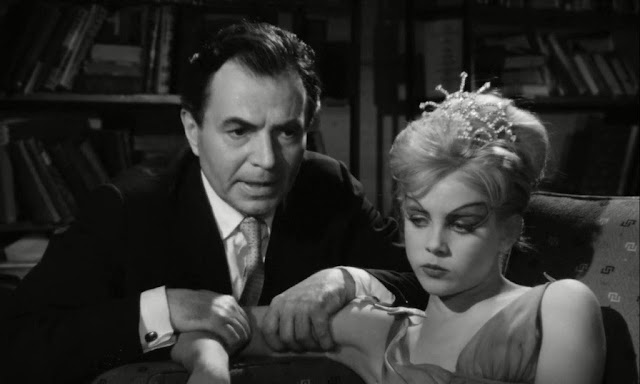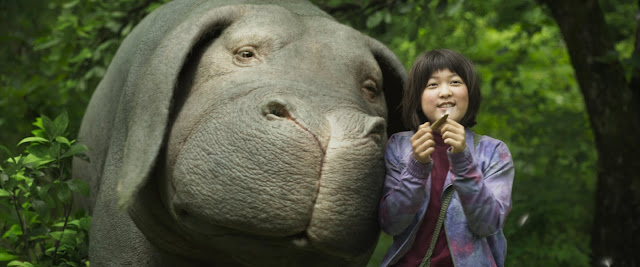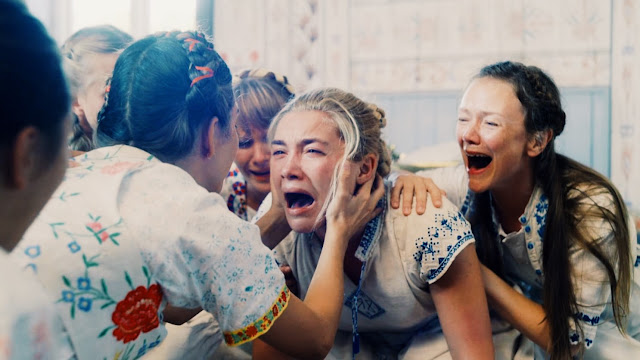Lolita (1962)
Interestingly enough, I had no clue that the woman who played Lolita died just a few days ago.
What's even more interesting is that I thoroughly enjoyed Lolita, a film that by any measure should have been uncomfortable and repellent. Kubrick took a serious novel and turned into a pitch black dark comedy about, well.. a pedophile. The word "outrageous" really comes to mind. Perhaps in 1962 audiences were naive enough to get behind this as a love story without thinking logically about who these characters are. But yet, it's still audacious in its existence, and somehow, Kubrick knows this as well. You can tell because of how unsympathetic he treats the protagonist, Humbert. On the surface, he's a dashing anglo intellectual with a piercingly affected accent capable of swooning any woman in his grasp, yet we become aware of the fact that he's a slimy, perverted cretin. Kubrick thinks he's laughably pathetic, and he wants us to think that of him as well. That's kind of what makes Lolita, for a lack of a better term, acceptable as a narrative. At no point did I get the sense that the romance happening on screen was normal. That is precisely because Kubrick approaches the material comedically, as apposed to any kind of sincerity. The storyline gets even more absurd with the addition of Peter Sellers as Claire Quilty. A goofball college crank who at first appears as the white knight trying to save Lolita from Humbert's greasy clutch, only to be realized as another creep infatuated with her, and thus creating a sickening pedo love triangle.
Dark comedies need to approach tragedy with absurdity and ridicule in order to work, and by that effect, Lolita works. It works so well that I was close to giving it a perfect score, had it not been for the lagging nature of the last 30 minutes, which didn't give this story the punch it deserved.




Comments
Post a Comment